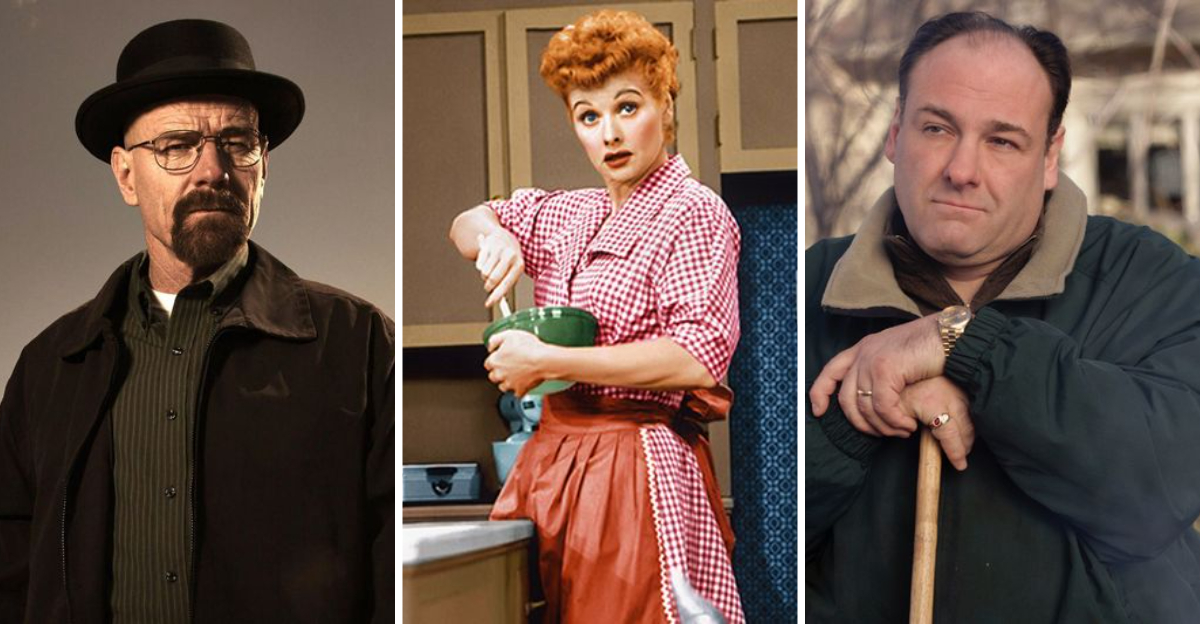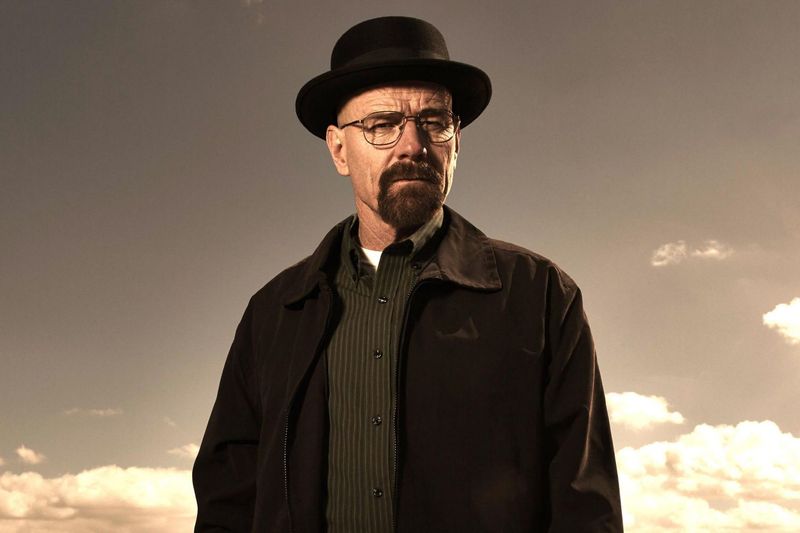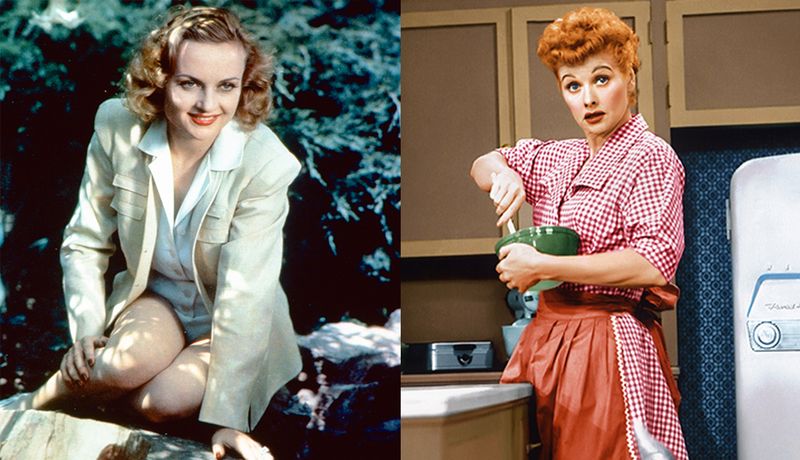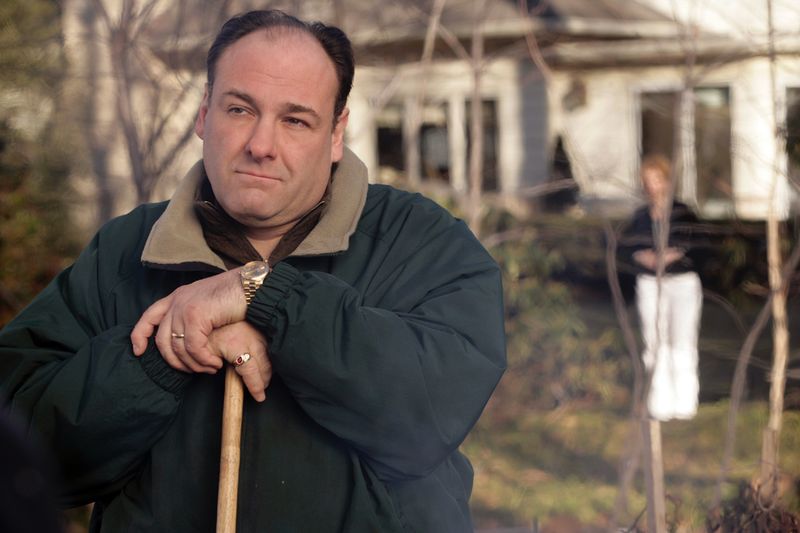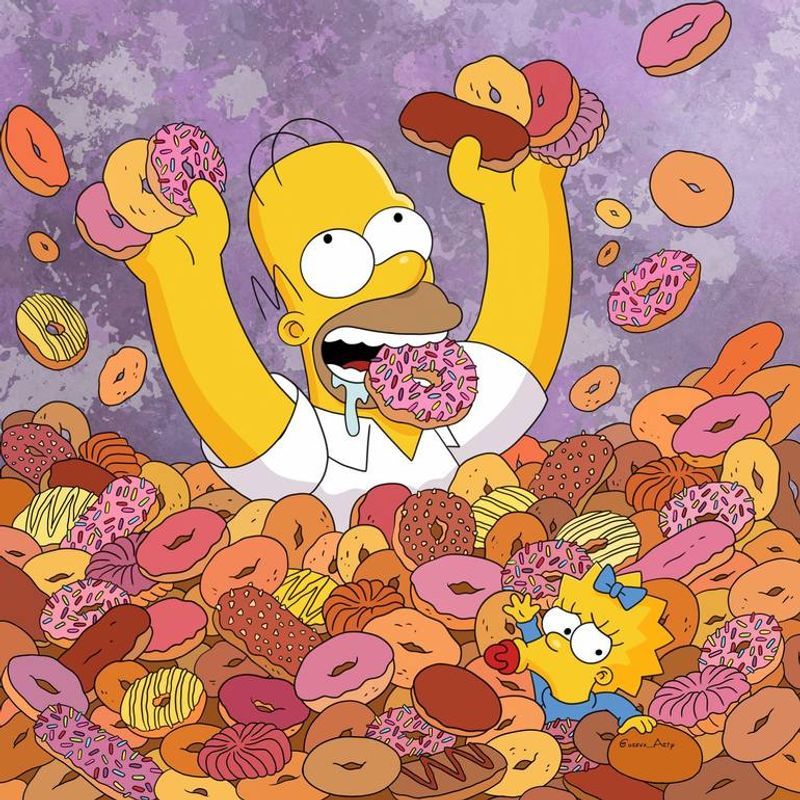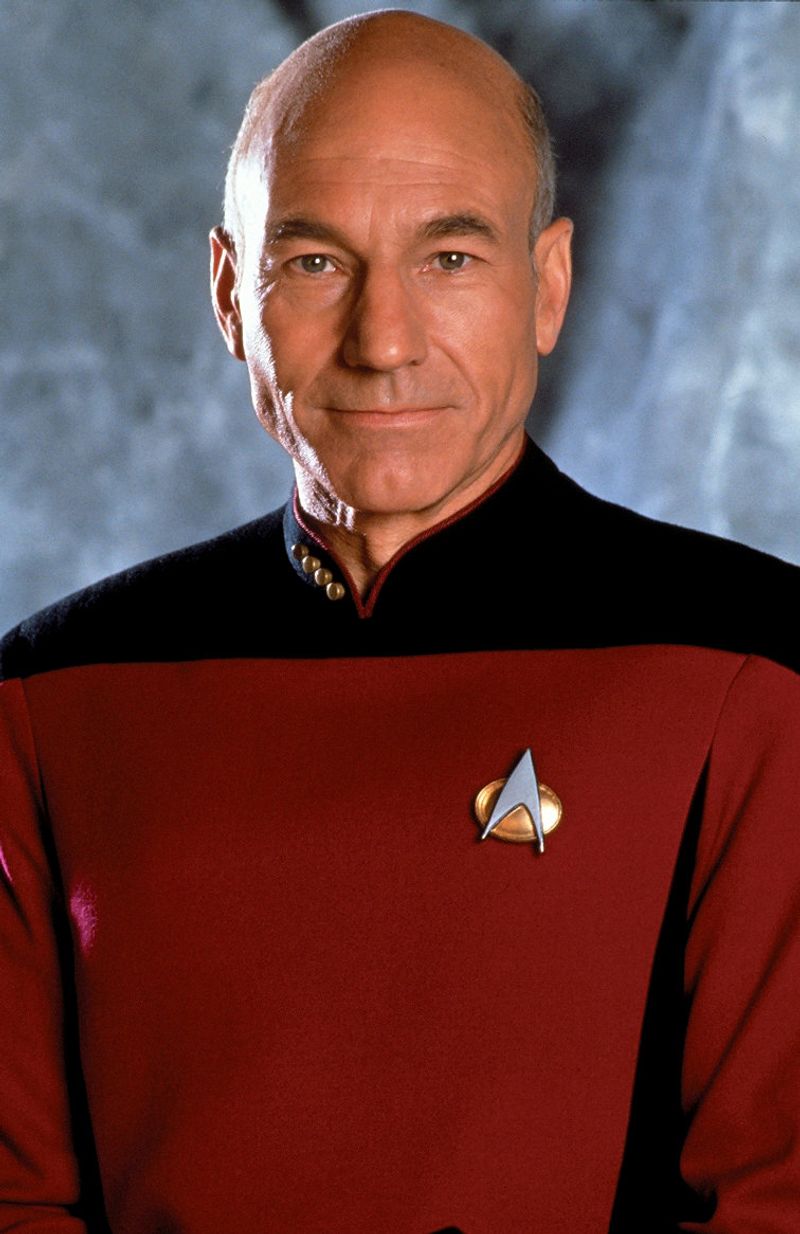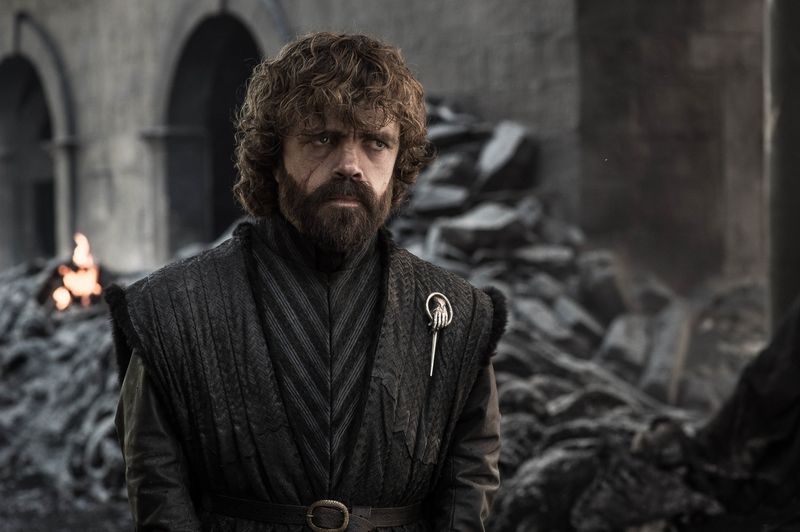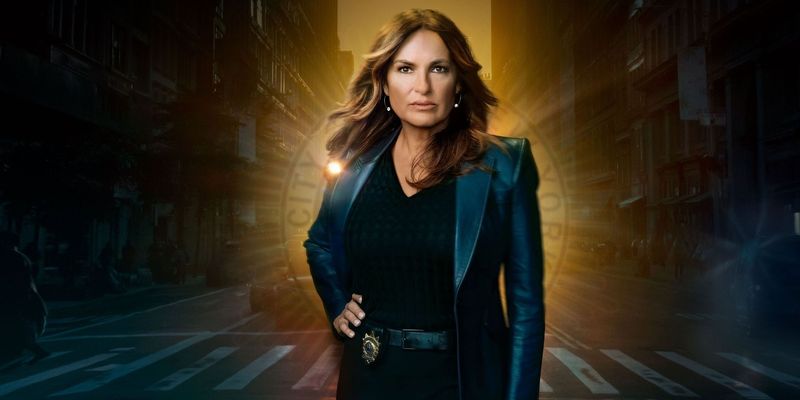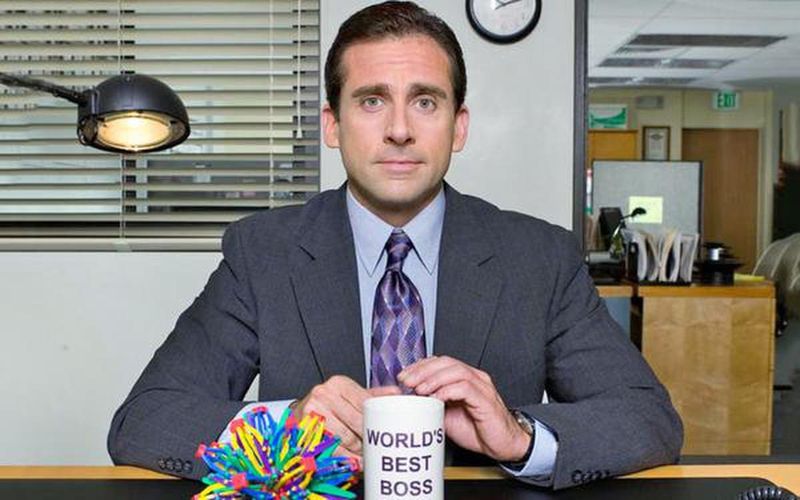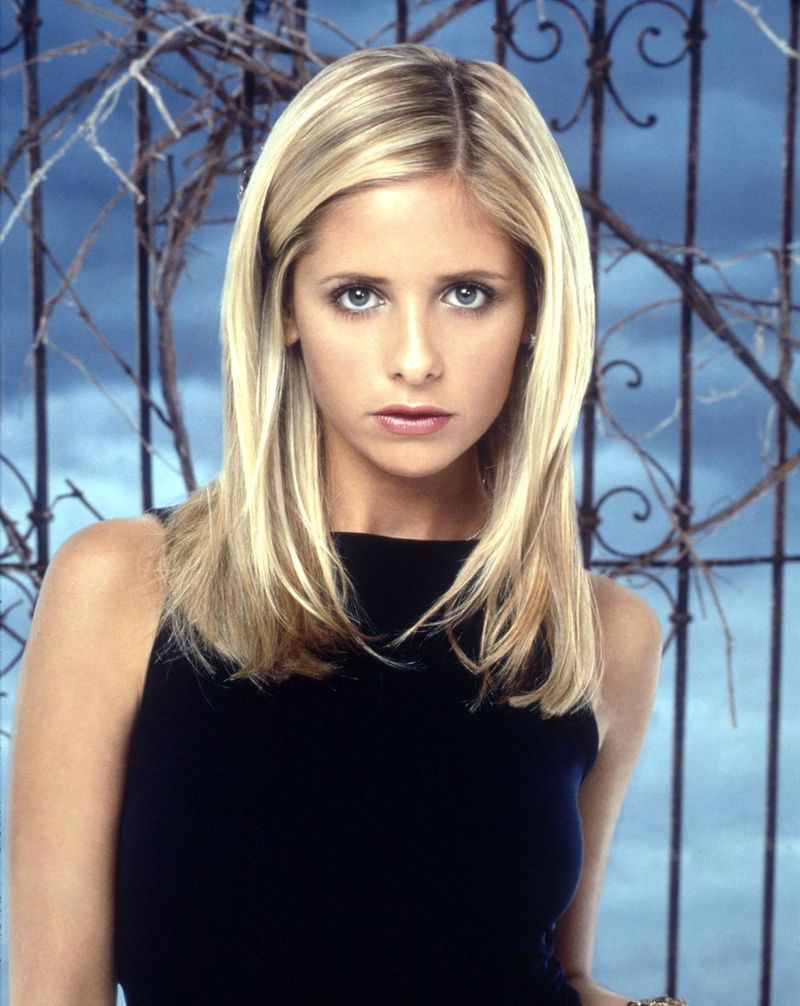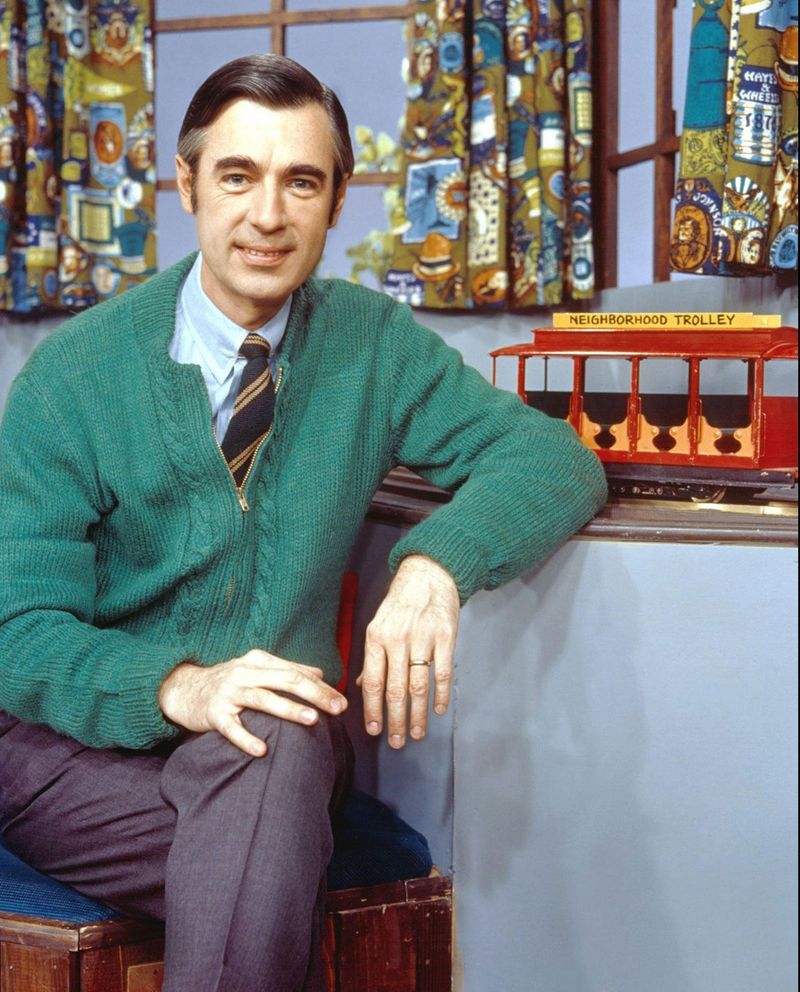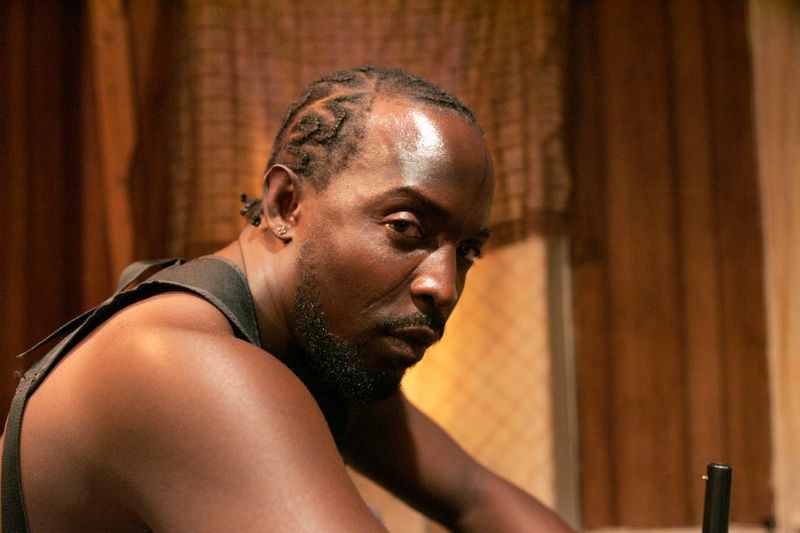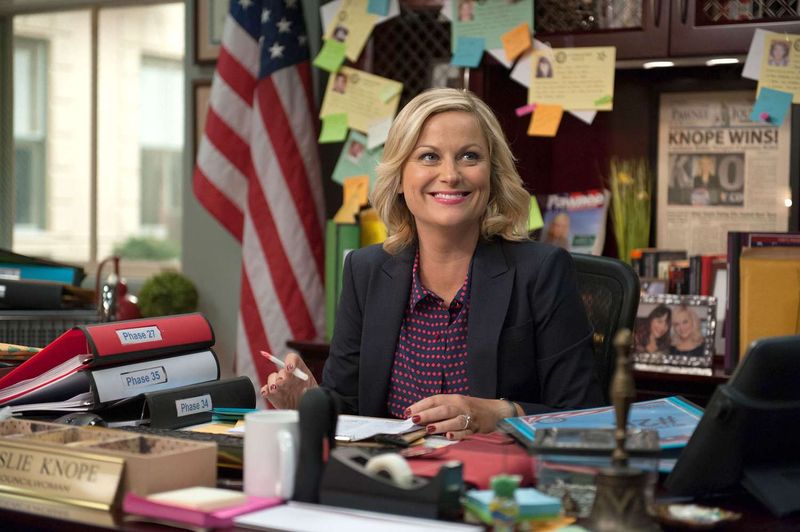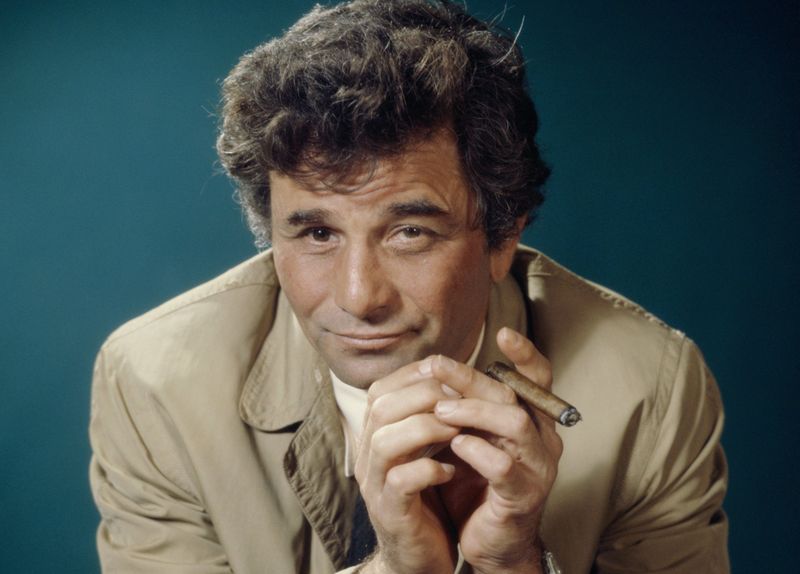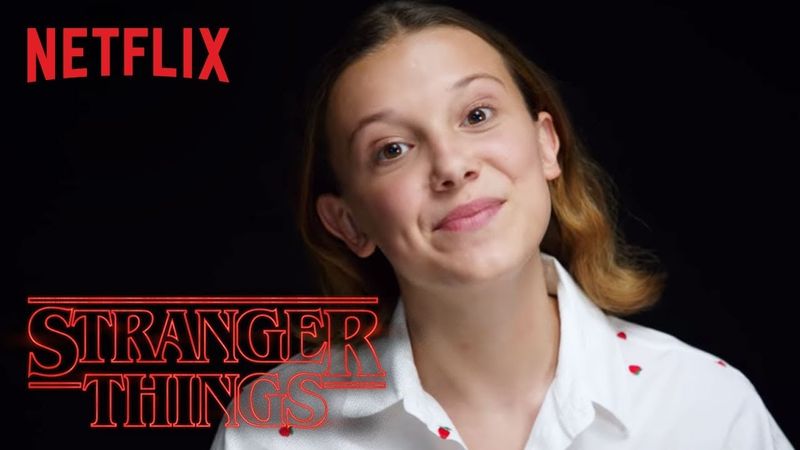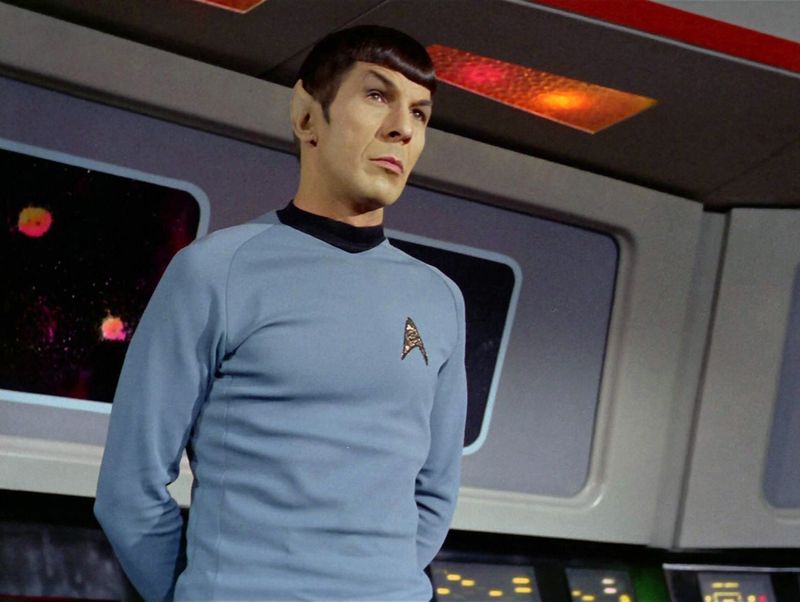Television has given us countless characters who’ve become part of our lives over the years. These fictional friends, heroes, and even villains have made us laugh, cry, and think in ways that real people sometimes can’t. They’ve shaped our culture, influenced our language, and in some cases, helped us understand ourselves better. Let’s celebrate the 15 most beloved TV characters who’ve left permanent marks on our hearts and minds.
1. Walter White (Breaking Bad)
Mild-mannered chemistry teacher turned drug kingpin, Walter White’s transformation remains television’s most captivating character arc. Bryan Cranston’s nuanced performance revealed a man discovering his own darkness after a terminal cancer diagnosis. The genius of Walter lay in how he made viewers complicit in his moral decay. We rooted for him even as he became the villain of his own story. His justifications—”I did it for my family”—gradually gave way to the truth: “I did it for me. I liked it. I was good at it.” From the tighty-whities in the desert to the final blood-soaked moments, Walt’s journey from Mr. Chips to Scarface redefined what television could accomplish.
2. Lucy Ricardo (I Love Lucy)
Fiery-haired and full of mischief, Lucille Ball’s portrayal of Lucy Ricardo revolutionized television comedy and shattered barriers for women in entertainment. Her physical comedy—from the chocolate factory conveyor belt to stomping grapes in Italy—created moments so iconic they’re still referenced today. Lucy’s schemes to break into show business alongside her husband Ricky brought to life a character who refused to be confined by 1950s gender expectations. Her friendship with Ethel Mertz offered one of television’s first authentic female relationships. What made Lucy truly revolutionary was Ball’s willingness to appear ridiculous without sacrificing her dignity or humanity—a tightrope act few performers have matched since.
3. Tony Soprano (The Sopranos)
“Lately, I’m getting the feeling that I came in at the end. The best is over.” With those words, James Gandolfini introduced us to a mobster unlike any before—one plagued by panic attacks and mother issues who sought therapy while ordering hits. Tony’s contradictions made him mesmerizing: brutal yet vulnerable, family-oriented yet unfaithful, intelligent yet self-destructive. His therapy sessions with Dr. Melfi provided an unprecedented window into a criminal’s psyche, creating television’s most complex antihero. Gandolfini’s towering performance brought to life a man struggling with his own nature, trying to be a good father while leading a criminal empire, creating a character so real he feels like someone we actually knew.
4. Homer Simpson (The Simpsons)
“D’oh!” That single catchphrase launched television’s longest-running animated character into cultural immortality. Homer Jay Simpson—donut-loving nuclear plant safety inspector, devoted husband, and bumbling father—has become America’s everyman for over three decades. His childlike impulsiveness leads to constant disaster, yet Homer’s pure heart always shines through. One moment he’s strangling Bart; the next, he’s selling his beloved car to give Lisa the saxophone she craves. His emotional simplicity—”To alcohol! The cause of, and solution to, all of life’s problems”—offers unexpected wisdom. Through hundreds of adventures, Homer remains delightfully unchanged: lazy, gluttonous, and yet somehow the perfect embodiment of family love despite his countless flaws.
5. Captain Jean-Luc Picard (Star Trek: The Next Generation)
“Make it so.” With those three words, Patrick Stewart’s commanding yet compassionate starship captain would solve intergalactic crises while upholding the highest principles of humanity. Unlike many sci-fi heroes, Picard resolved conflicts through diplomacy and moral reasoning rather than phasers. His intellectual approach to leadership created a new template for heroism: bald, British, and steeped in Shakespeare. Picard’s most powerful moments came when facing ethical dilemmas that forced him to question his own beliefs about justice, duty, and what it means to be human. From his assimilation by the Borg to his final adventures decades later, Picard embodied the optimistic vision that wisdom, rather than weapons, would guide humanity’s future among the stars.
6. Tyrion Lannister (Game of Thrones)
“I drink and I know things.” Peter Dinklage’s portrayal of the sharp-tongued, sharp-minded Tyrion Lannister gave television its most eloquent underdog. Born a dwarf into a powerful family that despised him, Tyrion survived through wit rather than strength in a brutal world that valued the latter. His journey from cynical hedonist to Hand of the Queen showcased remarkable emotional depth. Viewers cheered his battlefield triumphs and courtroom speeches while feeling the pain behind his sardonic humor. The infamous trial scene—”I wish I was the monster you think I am”—revealed the wounded heart beneath the armor of jokes. In a show filled with warriors and dragons, the smallest character cast the largest shadow through sheer force of intellect.
7. Olivia Benson (Law & Order: SVU)
For over two decades, Mariska Hargitay has portrayed Detective (now Captain) Olivia Benson, television’s longest-running female character in a primetime drama. Unlike many procedural characters who remain static, Benson evolved from rookie detective to commanding officer while maintaining her core compassion for victims. Survivors of sexual assault have frequently cited Benson as a source of strength, with Hargitay’s portrayal inspiring such authenticity that she founded the Joyful Heart Foundation to help real-life survivors. Her character’s personal traumas—from learning she was conceived through rape to becoming a survivor herself—added layers of understanding to her professional dedication. Benson redefined the police procedural by showing that empathy, not just evidence, solves cases.
8. Michael Scott (The Office)
“Would I rather be feared or loved? Easy. Both. I want people to be afraid of how much they love me.” Steve Carell’s cringe-inducing yet endearing regional manager created television’s most quotable boss and redefined workplace comedy. Michael’s desperate need to be liked drove his worst decisions, yet beneath the inappropriate jokes and misguided motivational techniques beat a genuinely kind heart. His evolution from tone-deaf manager to someone capable of growth gave the character surprising emotional resonance. The documentary format captured his unfiltered reactions, creating moments of such authentic awkwardness viewers often had to watch through their fingers. His departure episode—removing his microphone and whispering “That’s what she said” one last time—brought tears to even the most cynical fans.
9. Buffy Summers (Buffy the Vampire Slayer)
“Into every generation, a Slayer is born.” Sarah Michelle Gellar’s vampire-slaying cheerleader shattered the damsel-in-distress trope by becoming television’s most iconic female hero. Buffy balanced apocalyptic battles with relatable teenage problems, creating a character who felt authentic despite her supernatural calling. Her greatest strength wasn’t her physical power but her growth from reluctant chosen one to confident leader. Buffy faced death (twice!), heartbreak, and the crushing responsibility of saving the world while maintaining her humanity and sense of humor. The groundbreaking musical episode revealed her depression after being resurrected, showing a vulnerability rarely permitted in heroes. Twenty-five years later, her influence on female protagonists remains unmatched—proof that emotional complexity enhances rather than undermines heroism.
10. Mister Rogers (Mister Rogers’ Neighborhood)
“I like you just the way you are.” Fred Rogers wasn’t playing a character—he was authentically himself—yet his gentle presence on public television for over three decades created television’s most trusted friend to generations of children. His cardigan-wearing, sneaker-changing ritual opened each episode with comforting predictability as he addressed complex topics like death, divorce, and disability with remarkable honesty and sensitivity. Unlike most children’s entertainment, Mister Rogers never talked down to his audience, respecting their emotional intelligence while validating their feelings. His revolutionary approach—speaking directly to viewers through the camera at a measured pace with genuine warmth—created a safe space that research showed measurably improved children’s self-esteem and emotional regulation skills.
11. Omar Little (The Wire)
“You come at the king, you best not miss.” Michael K. Williams’ portrayal of the shotgun-wielding, code-following gay stick-up man created television’s most fascinating contradiction: a ruthless criminal who became the moral center of a corrupt Baltimore. Omar’s distinctive whistle of “The Farmer in the Dell” announced impending justice as he robbed drug dealers with theatrical flair. Despite his violent profession, he never harmed civilians and lived by a strict ethical code that made him more honorable than the police and politicians who claimed moral authority. His courtroom scene—correcting a lawyer’s grammar while testifying against a kingpin—perfectly captured his fearlessness and intelligence, cementing Omar as the rare character who transcended the brilliant ensemble to become the soul of the series.
12. Leslie Knope (Parks and Recreation)
“I care too much, and I’m not sorry for it.” Amy Poehler’s hyper-enthusiastic civil servant redefined workplace comedy by replacing cynicism with sincere optimism. Leslie’s boundless energy and genuine belief in government’s ability to improve lives made her revolutionary in a genre typically built on sarcasm. Her passion for public service—and waffles—never wavered despite endless bureaucratic obstacles and public apathy. The binders, the elaborate gifts, the over-the-top tributes to female political heroes reflected a character who cared deeply about everything and everyone in her orbit. What made Leslie truly special was how she elevated those around her. Her unwavering support for friends like Ann (“beautiful tropical fish”) and April showed that ambition and kindness aren’t mutually exclusive—a refreshing message in today’s cynical world.
13. Columbo (Columbo)
“Just one more thing…” Peter Falk’s rumpled detective in a raincoat revolutionized the mystery genre by showing viewers the murderer in the opening minutes. The suspense came not from “whodunit” but from watching Columbo’s psychological chess match with killers who initially dismissed him as incompetent. His deceptively scattered approach—fumbling for pencils, rambling about his never-seen wife—disarmed suspects who failed to recognize the razor-sharp mind behind the disheveled appearance. Unlike most TV detectives, Columbo solved cases through conversation rather than violence, weaponizing his working-class background to exploit the arrogance of wealthy killers. Fifty years later, his influence remains evident in characters from Monk to Ted Lasso—seemingly simple men whose perceived weaknesses become their greatest strengths.
14. Eleven (Stranger Things)
“Friends don’t lie.” Millie Bobby Brown’s nearly wordless performance as a telekinetic escapee from a government lab created television’s most compelling young heroine. Beginning with just a shaved head and a hospital gown, Eleven communicated volumes through expressive eyes that reflected both otherworldly power and childlike vulnerability. Her journey from laboratory experiment to finding friendship, family, and her own identity resonated deeply with viewers. The simple joy she found in everyday experiences—from Eggo waffles to shopping malls—highlighted her stolen childhood while her willingness to sacrifice herself for friends showed extraordinary courage. Eleven redefined the supernatural thriller by placing emotional connection at its center, proving that even stories about interdimensional monsters can ultimately be about the human heart.
15. Spock (Star Trek)
“Fascinating.” Leonard Nimoy’s half-human, half-Vulcan science officer with pointed ears created television’s definitive outsider—a character whose struggle between logic and emotion mirrored humanity’s own internal conflict. Spock’s apparent coldness masked a deeply loyal heart, making his rare emotional moments—playing his Vulcan harp or sacrificing himself with “the needs of the many outweigh the needs of the few”—profoundly moving. His friendship with Captain Kirk balanced his logical nature with Kirk’s impulsiveness, creating television’s most enduring bromance. Beyond entertainment, Spock inspired generations of scientists and engineers who saw themselves in this brilliant outsider. Nimoy’s Vulcan salute and blessing—”Live long and prosper”—transcended fiction to become cultural touchstones embraced worldwide.
